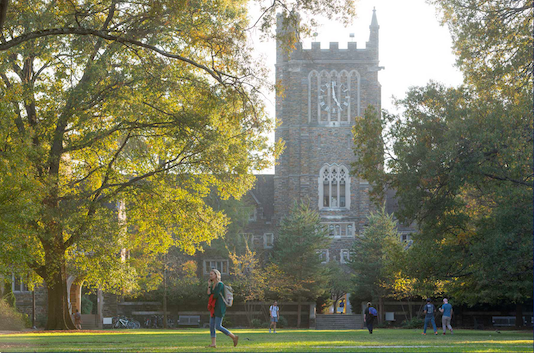On The Bias In Iterative Quantum Amplitude Estimation

Quantum amplitude estimation (QAE) is a pivotal quantum algorithm to estimate the squared amplitude α of the target basis state in a quantum state |Φ⟩. Various improvements on the original version of QAE have been proposed for resource reduction. One of such improved versions is iterative quantum amplitude estimation (IQAE), which outputs an estimate â of α through the iterated rounds of the measurements on the quantum states like Gk|Φ⟩, with the number k of operations of the Grover operator G (the Grover number) and the shot number determined adaptively. This study investigates the bias in IQAE. Through the numerical experiments to simulate IQAE, we reveal that the estimate by IQAE is biased and the bias is enhanced for some specific values of α. We see that the termination criterion in IQAE that the estimated accuracy of â falls below the threshold is a source of the bias. Besides, we observe that kfin, the Grover number in the final round, and ffin, a quantity affecting the probability distribution of measurement outcomes in the final round, are the key factors to determine the bias, and the bias enhancement for specific values of α is due to the skewed distribution of (kfin, ffin). We also present a bias mitigation method: just re-executing the final round with the Grover number and the shot number fixed.
Koichi Miyamoto is a specially appointed associate professor at the Center for Quantum Information and Quantum Biology of Osaka University, Japan.
Pre-registration is required. Sign up here (https://ncsu.zoom.us/meeting/register/tJIvd-2srDIjG9wyxGcuSKxV7FH-oUoWrxC6#/registration).







